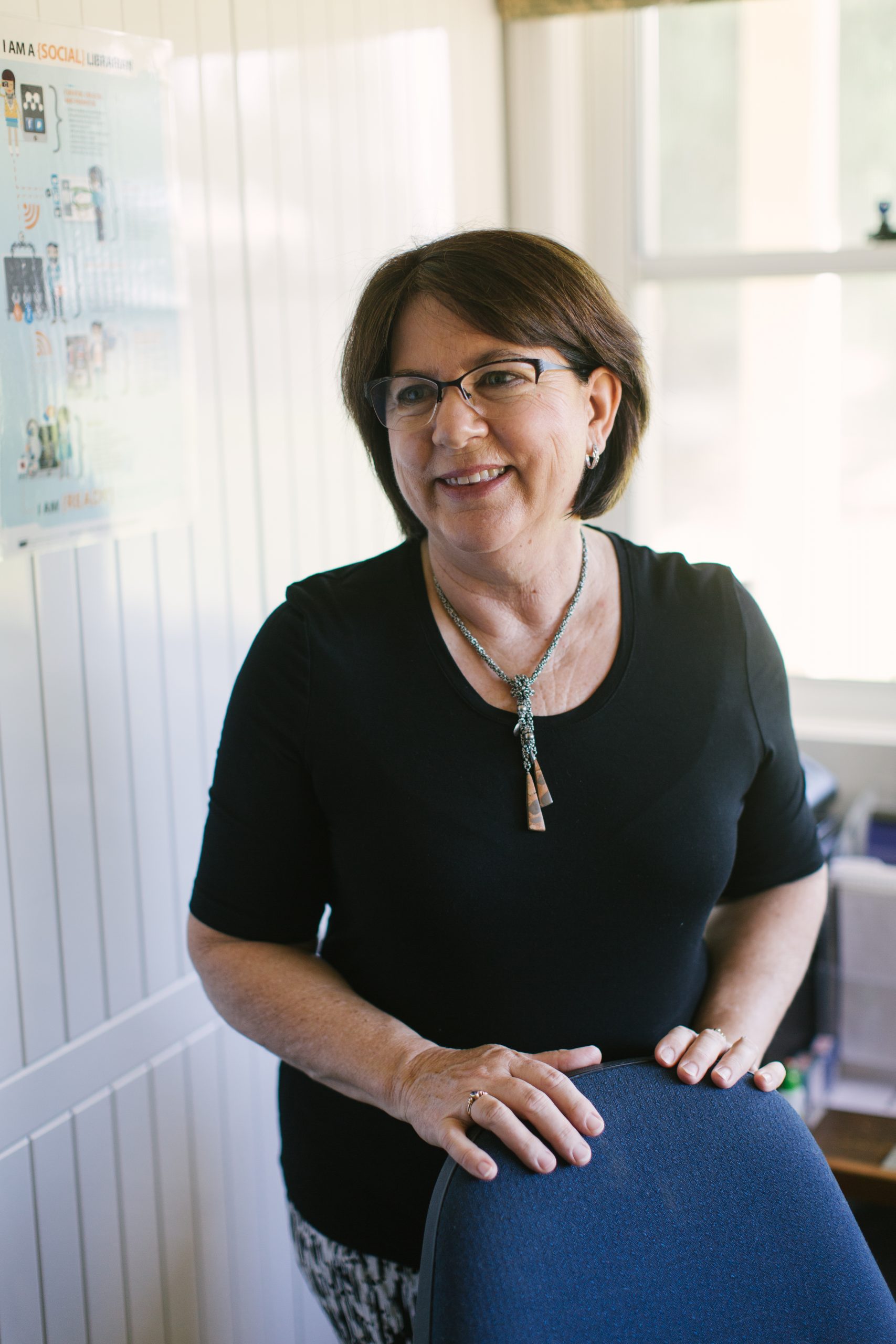Feeling Dissatisfied and Unhappy? It is perfectly normal to feel dissatisfied and unsettled going back to work after we have had time off. After all, we have had the time do the things we have been wanting to do for ages, or alternatively to have time to do nothing at all. Going back to work means we have to go back to doing what others expect of us. So, of course, we feel unhappy and resentful about being back in the same old job.
My advice – please don’t do anything rash.
I’m not saying don’t do it, I am just saying stop and think about you and your situation. Think about what responsibilities you have – mortgage, car loan, children?
Do you know what you are going to do?
Have you found other work? Something that will end up better than what you are doing now? You know the story “better the devil you know”. If you do have a good or at least a better job to go to, great work and good luck with your new adventure.
If you don’t have a good or better job ready to go to, please don’t jump in before carefully thinking about your situation, or you will probably find yourself in a worse place than you were before.
For those of you living in rural or regional areas you might think this makes changing your career even more complicated but that is not necessarily the case.
The following things ring true whether you are from rural and regional areas or the city.
Being prepared makes you lucky
So, what should you do if you are constantly unhappy and are always thinking about how much better it would be if you could change your job?
Have, you seen people who always seem to go from dream job to dream job? They are really happy with what they do, and it all seems so effortless to them.
I guess you think they just apply and get the job? Mostly you would be wrong.
Often people who have great jobs and are really happy have prepared the way to take an opportunity as it came up. So, while they appear “lucky” they have worked at being lucky.
Often these people might not know exactly what they want to do but they know the skills they would like to pursue, and they work out ways to make those skills stronger. They get prepared for any opportunity that may arise “serendipitously”.
Getting yourself ready for the next opportunity means you have a plan to get out of the rut (sinkhole) your current job has become. It will mean you know what you are looking for and you are ready to reach out and take opportunities as they arise.
Know yourself and what you need from work
You need to know yourself – what you like doing, what you don’t like doing, how you work with others, what you think is important, what makes you get out of bed in the morning and then what skills you have developed through work and study.
The second thing is to research jobs to find ones that you think you will like. Think of an area you would like to work in or think of the skills you have and like to use, then you can look at all the jobs that use those skills so you have an understanding of what is out there.
This type of information helps not only to make sure you are choosing the right career for you
But to discover what skills and traits you need to develop before applying. Expand Careers has a great Skills Audit Tool that you can use to work out your strengths and the skills you need to develop.
Make your decision
It is not easy to make your decision about what you want to do. However, the days of one job or even one career are long past. Now people change carers or jobs numerous times. This makes it helpful to know
what transferrable skills you have already developed from your previous work and study
It is also good to know that these transferrable skills or enterprise skills, as the FYA refers to them, mean you are qualified for a whole cluster of jobs (FYA 2016). So once you know all about yourself and what jobs you think you will like, you need to narrow the career choices down so you have some specific ones to focus on. There are many decision-making tools that can help you narrow your choices. Also, don’t forget Career Counsellors can help you make your decision more quickly and confidently.
Once you have made your decision, you guessed it, you should create a plan for how you are going to get to where you want to go or at the very least a short term plan of what you will do in the next 6 months.
Make sure you try to think of all the things that could stop you from doing what you want to do and come up with ways you can overcome those issues
Also if you identify any skills that you need to improve so you are successful in getting that job, include how you are going to improve them to your career plan.
I know this sounds boring and time-consuming and you want to leave your job now but if you work through these points you will be able to make an informed choice that means you will be applying for jobs that suit you, your skills and lead to a rewarding and fulfilling career.
If this all looks too hard and complicated and you don’t know where to start then call us for a free 30 minute “Finding the Right Service“. Booking a consultation with a Career Counsellor is your first step to taking control of your working life.
Bibliography
Foundation for Young Australians 2016. New Work Mindset Report https://www.fya.org.au/report/the-new-work-mindset-report/?gclid=EAIaIQobChMIr6rP4tbD5wIVSiUrCh2ClgfjEAAYASAAEgJopPD_BwE
Image by javier-allegue- on OP5iHVaZ8- https://unsplash.com/







0 Comments